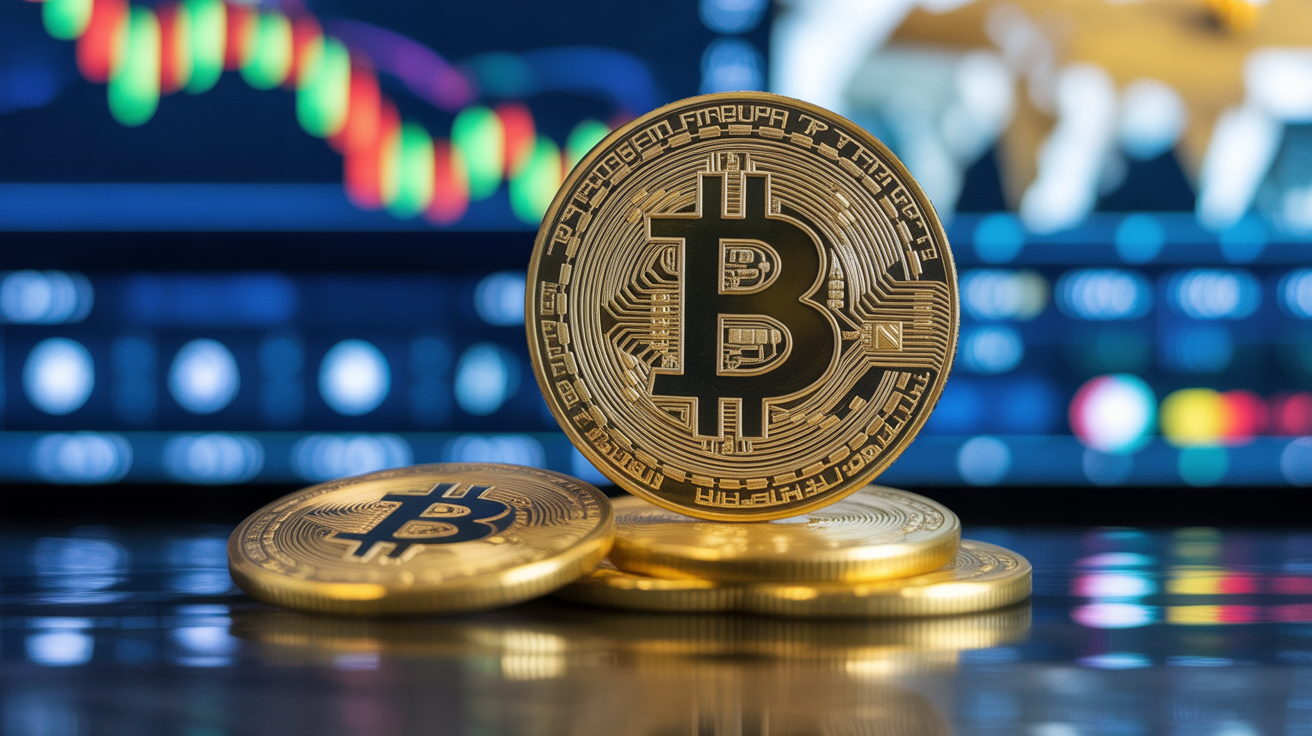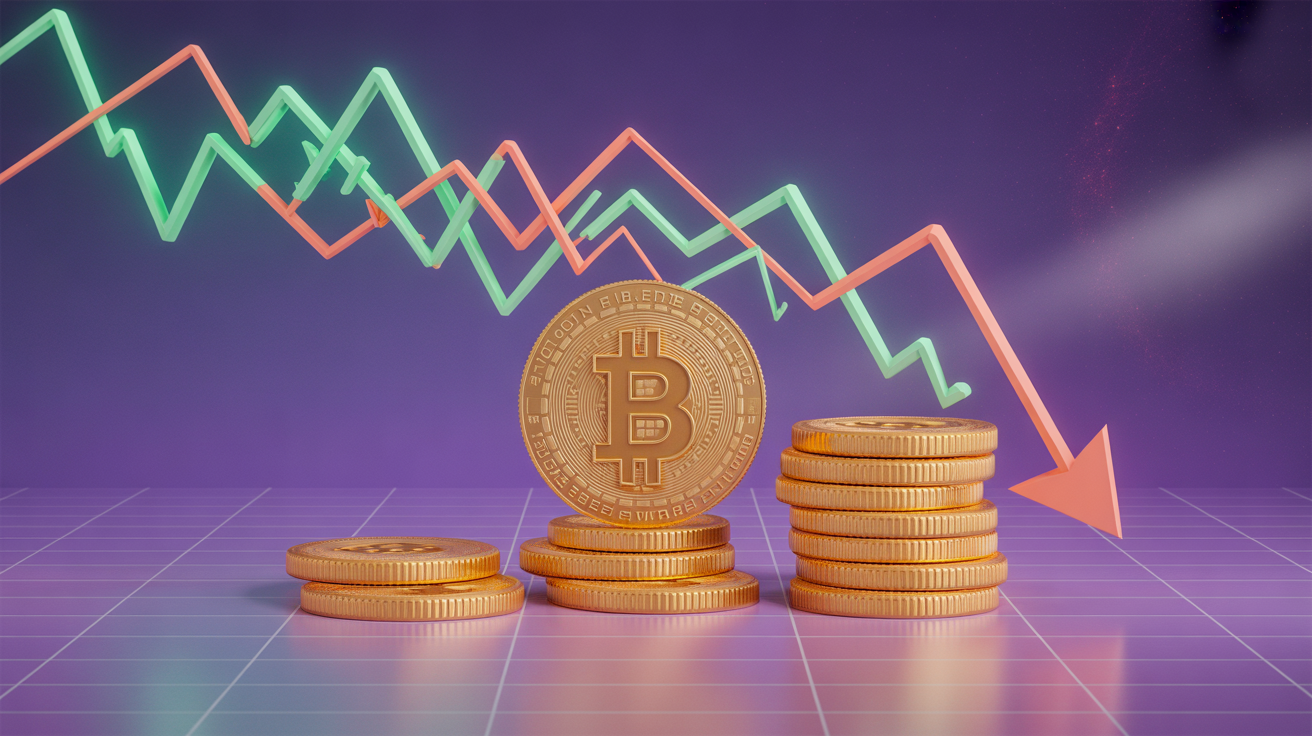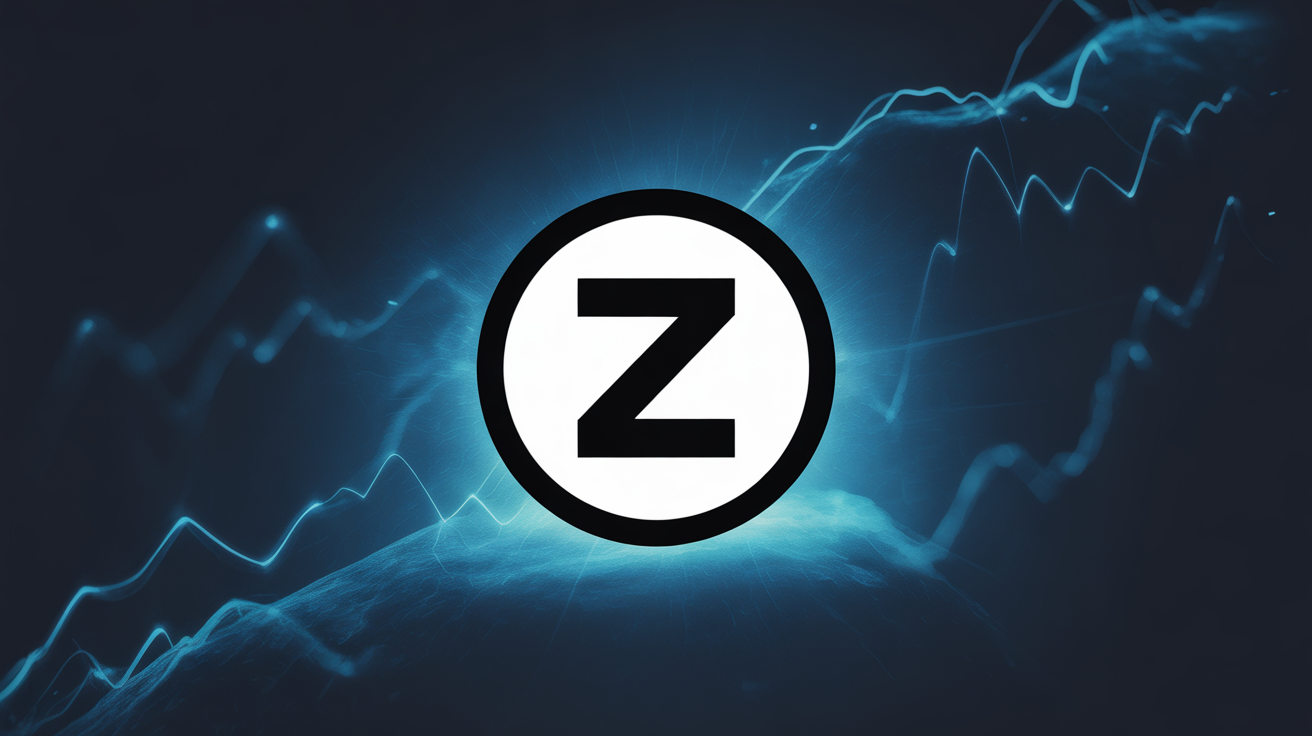
The crypto market pulled back Thursday after a week of strong ETF inflows, with traders watching Federal Reserve Chair Jerome Powell’s upcoming speech for hints on U.S. monetary policy amid a government shutdown that has stalled key economic data releases.
Bitcoin (BTC) fell below $121,500, slipping past a crucial support level and the 200-hour simple moving average, according to CoinDesk data. The decline erased gains from Wednesday’s rally, sending other major tokens lower as well: BNB and ETH both dropped over 3%, while the CoinDesk 20 Index fell 1% to 4,155 points.
The retreat comes despite continued inflows into U.S.-listed spot ETFs, which pulled in $426 million on Wednesday alone, extending a streak of robust daily contributions over the past week, according to SoSoValue.
The U.S. dollar strengthened ahead of Powell’s speech, with the dollar index rising to 99.10 — its highest level since August 1 — reducing the appeal of dollar-denominated assets such as Bitcoin and gold. Gold briefly dipped to $4,000 per ounce before rebounding above $4,030.
Powell is scheduled to speak at the Community Bank Conference in Washington at 12:30 GMT. Traders will be looking for clues on the Fed’s policy direction, particularly given the lack of fresh U.S. economic data on inflation and employment due to the government shutdown.
Fed Minutes Highlight Caution on Inflation
The Federal Reserve’s September meeting minutes, released Wednesday, reflected concern over the shutdown’s impact. “Should the shutdown not end by the FOMC’s Oct. 28-29 meeting, policymakers essentially will be flying blind on key economic metrics,” the committee noted.
While most officials agreed that further rate cuts would likely be appropriate for the rest of the year, they differed on the pace of easing and expressed concerns over persistent inflation. The FOMC voted 11-1 to lower the federal funds rate by 25 basis points, bringing the target range to around 4%. A majority anticipated at least two more rate cuts this year, which would bring the benchmark rate to roughly 3.50–3.75%.
Discussions also focused on a weakening labor market and early signs of reaccelerating inflation. However, committee members generally agreed that President Trump’s trade tariffs would not be a lasting inflationary factor.



















